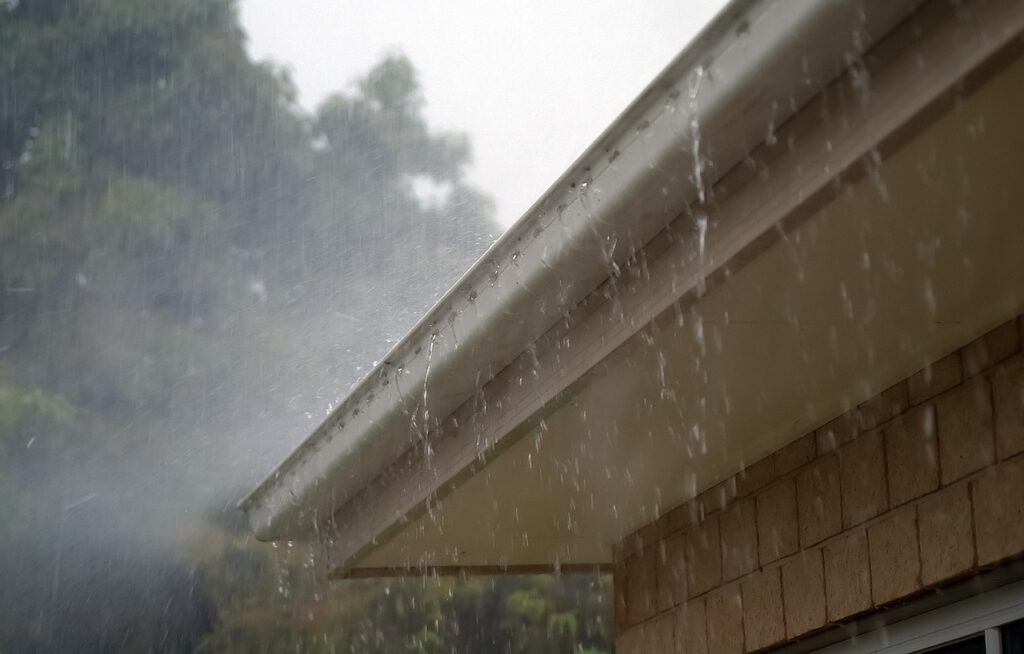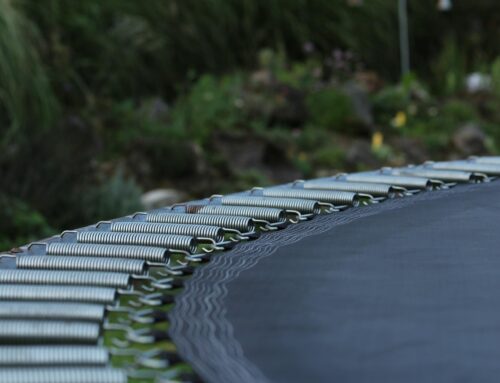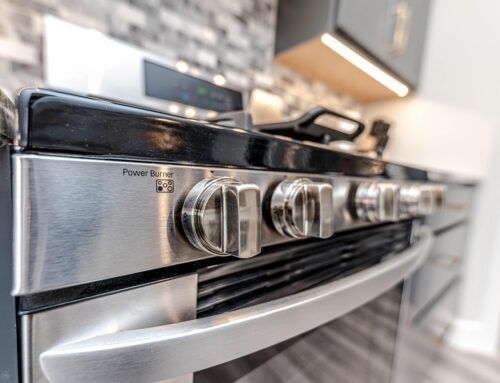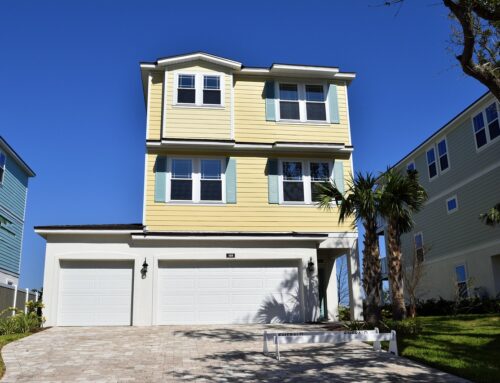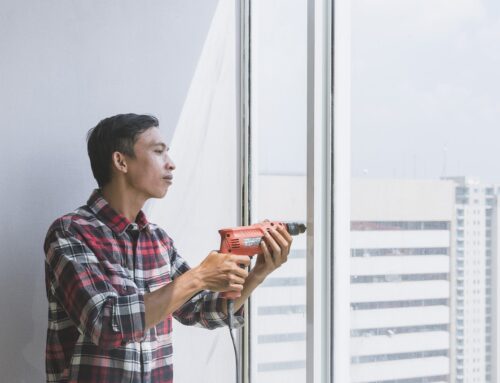Home insurance can cover many things, from leaks and roof damage to liability and theft. However, most of these protections come with a catch. When it comes to structural damage to your house caused by storms and hurricanes, one of the deciding factors is often how well the homeowner took care of the property to shield it from potential damage. Today, we want to focus on the types of preliminary damage that can worsen in the event of a hurricane and leave you unable to make a claim without facing pushback from your insurer.
Identifying Preliminary Damage
Before a storm hits, you should do everything possible to prevent minor issues from escalating into dangerous and expensive damage to your home. Even if you aren’t aware of ongoing problems, that doesn’t mean your house is blemish-free. Leaks, mold, and cracks often occur where you are least likely to notice. It may take some time, but a thorough inspection of your property can reveal these hidden vulnerabilities that compromise your home’s ability to withstand a hurricane. Pay attention to:
- Roof Issues: Small leaks or missing shingles allow water to penetrate further into your home during a storm. Excessive amounts of pooling water can lead to severe structural damage and compromised interior areas, which insurance might not cover if deemed pre-existing.
- Water Stains and Mold: You may already have some water damage to address. Existing water damage, indicated by stains or mold growth, suggests past leaks that may reoccur or worsen during a hurricane.
- Cracked Windows and Loose Frames: Minor cracks and loose window frames can fail in spectacular fashion under hurricane winds, turning small openings into major breaches. Repairing these can prevent extensive water and wind damage from occurring in the first place, which could otherwise lead to disputes with insurance claims.
- Foundation Cracks: Even tiny and insignificant cracks can become entry points for floodwaters during a storm. Depending on the location and size of the cracks, foundation issues can be a simple repair or a complicated construction project.
Once you find issues, the next logical step is to seek help from an expert to address them. But before you pay for a repair, ensure you thoroughly document your house’s current state. ‘Before’ photos of the damage prior to repairs can assist the contractors in planning and executing the work and show your insurance company the extent of damages you fixed. After the repairs, take ‘after’ photos and keep all contractor documentation.
Policies often include specific requirements for making a claim, and having this evidence helps you secure help when you need it most. If you have documented proof that you took all necessary steps to protect your roof from leaks, any future leaks caused by the storm cannot be blamed on a lack of care.
There are many more ways to prepare for a hurricane, but this list focuses primarily on existing structural damage that can exacerbate the devastating effects of a severe storm. If you would like to learn more about what preparations you and your family should take, you can read one of our latest blog entries to see our recommendations.
Identifying the Best Path Forward With Insurance Agents
The goal of proactively looking for damage to your home is to limit the risk of a hurricane causing massive damage and leave you in a position where insurance is unwilling to help. Still, there is also the decision of whether or not to use your existing home insurance to make these repairs or if paying out of pocket is the better choice. You also have to determine if your existing coverage helps with minor leaks or cracks in the first place. It pays to prepare for destructive eventualities like Florida hurricanes, but you should also get the most out of your insurance during the repair process.
For example, whether your insurance will help pay for a leak you notice will often depend on how the leak occurred. If it was from a recent non-hurricane storm, you may be able to make a claim. However, if it was due to an ongoing lack of maintenance, it may not be covered, similar to how insurance may not cover hurricane damage if you failed to make these preemptive repairs. And, even if it is covered, you may have a reason to pay out of pocket, either due to deductibles or the desire to limit premium increases.
If you are unsure what your policy currently covers, don’t know the best way to tackle repairs, or think that a new, upgraded policy can help, the simplest way to succeed is to work with a local insurance agent. They have longstanding relationships with carriers and can help you find the best coverage for the upcoming hurricane season that addresses existing issues and limits the risk to your property and family.
Contact Anderson & Associates today to speak to one of our team members and get the help you need to protect your home.


